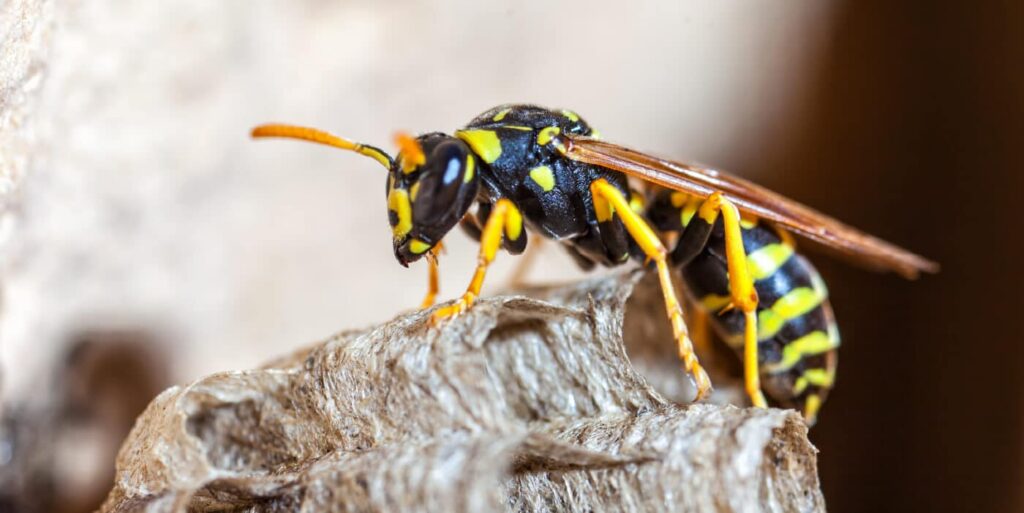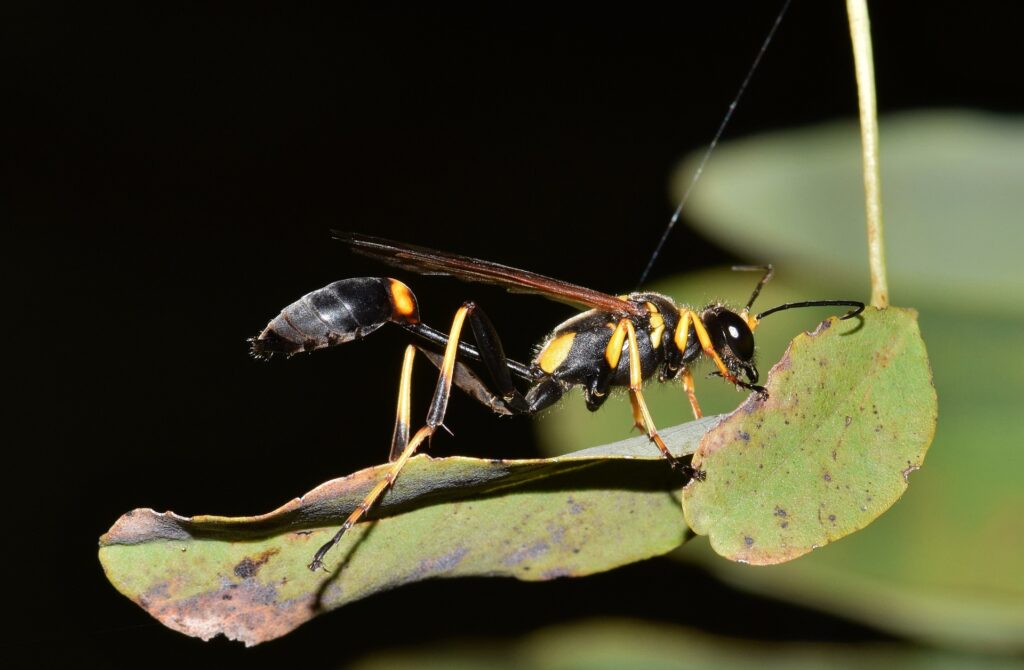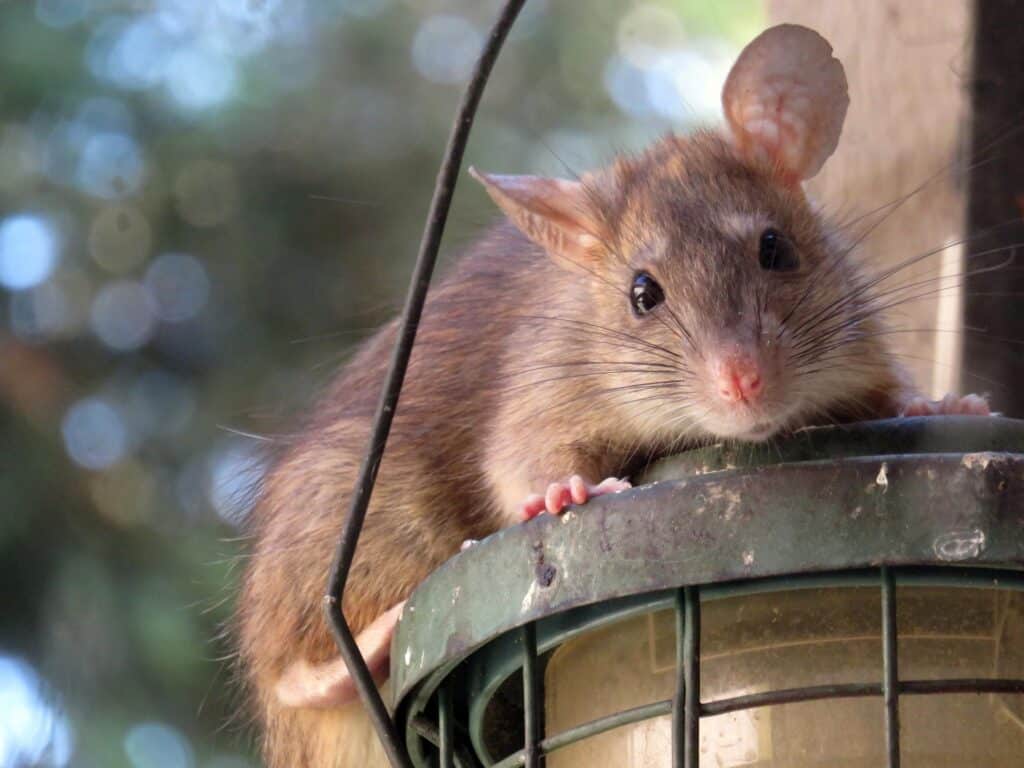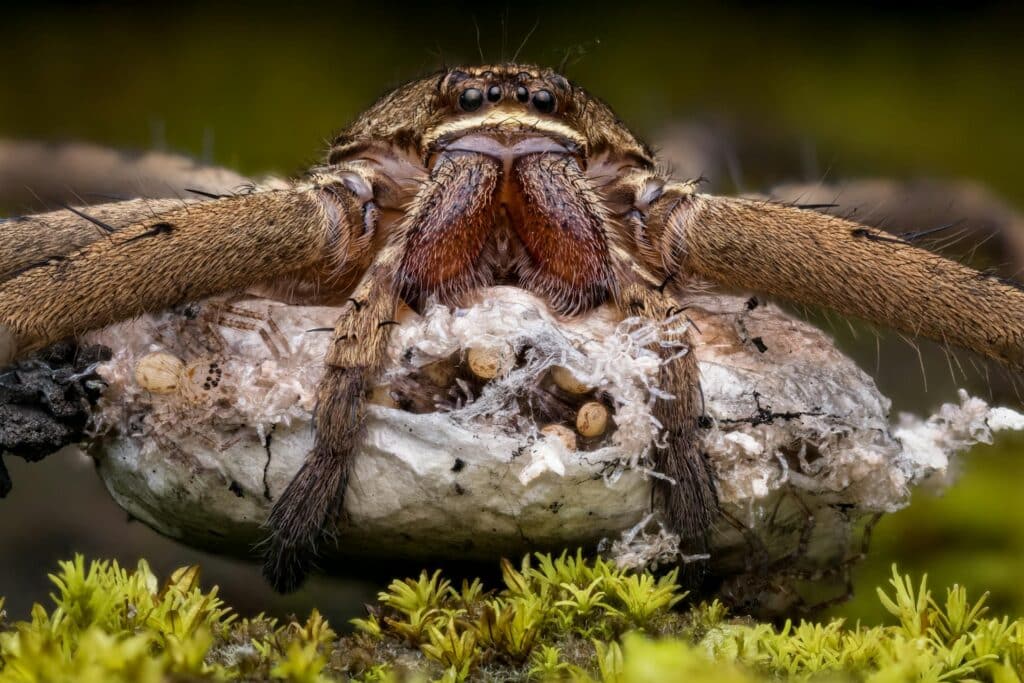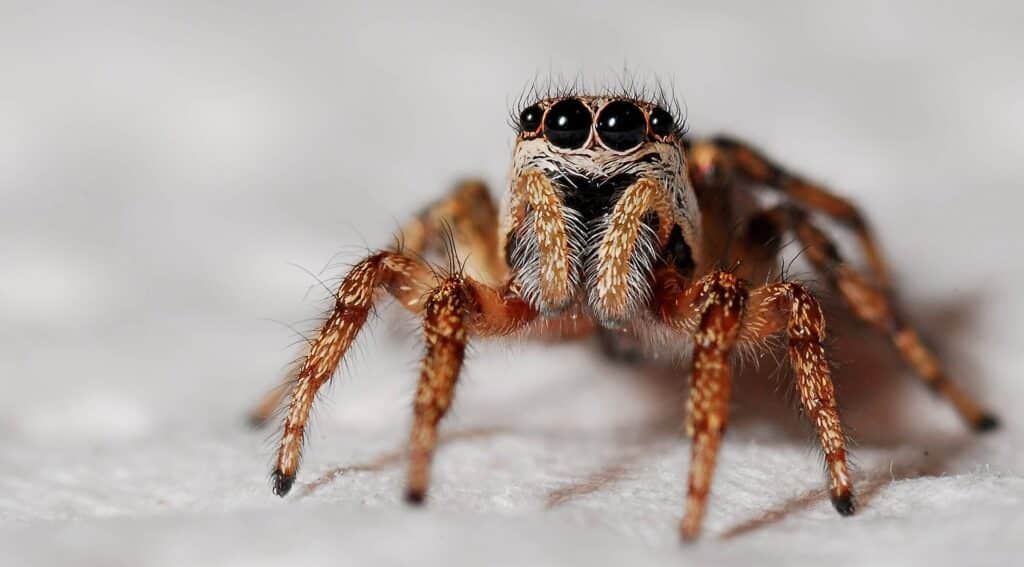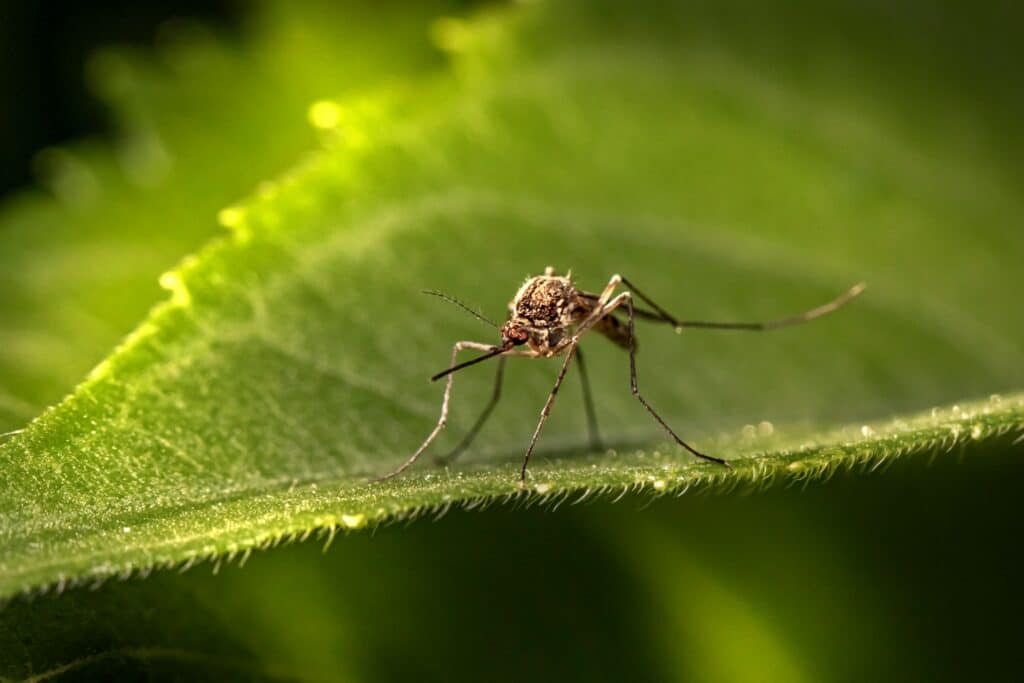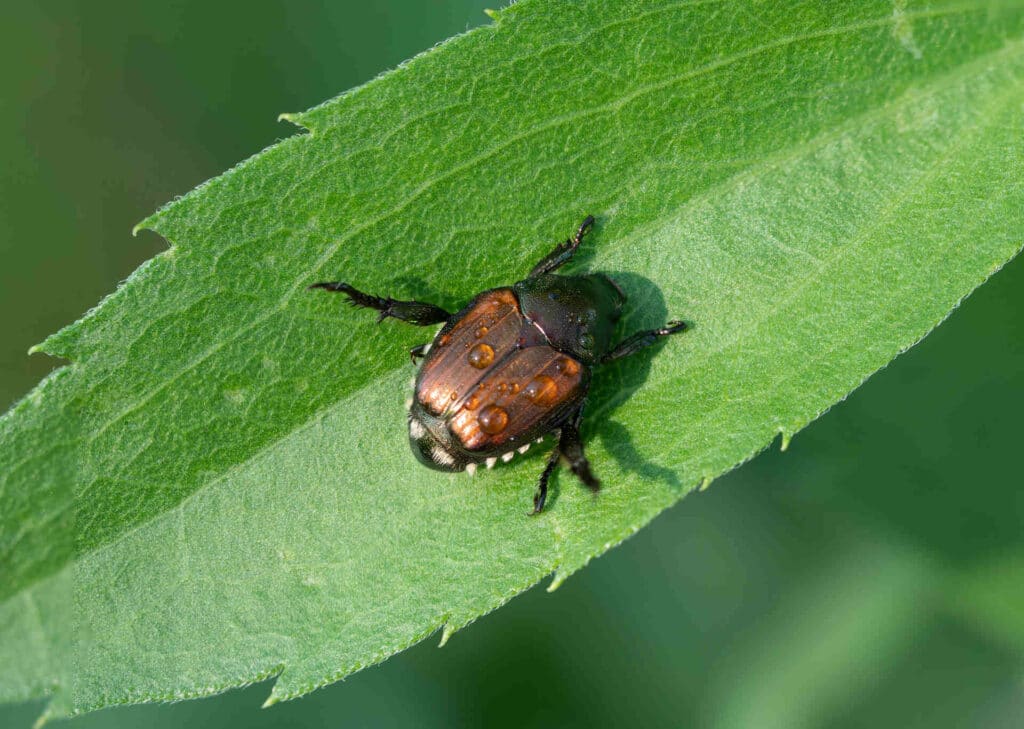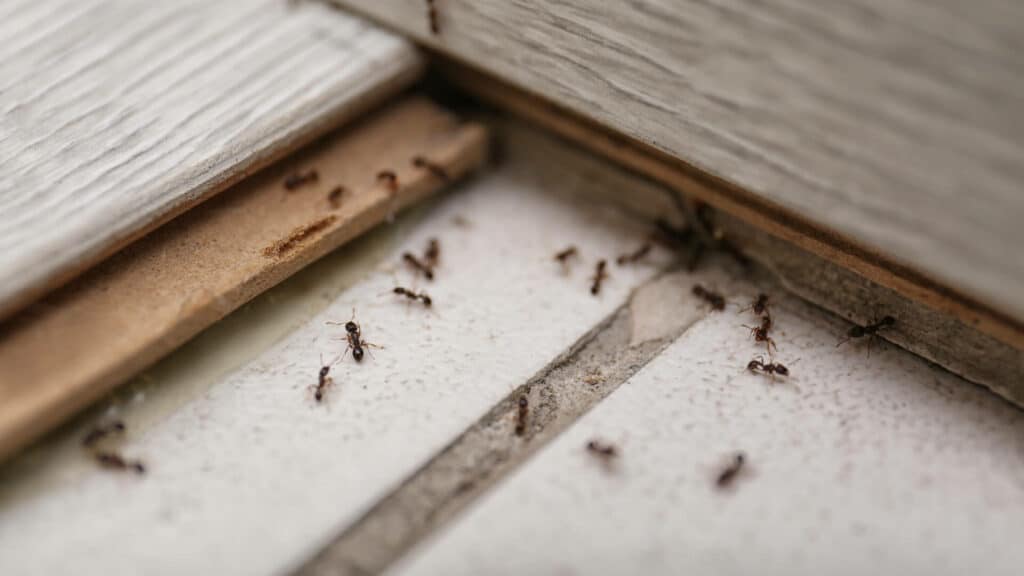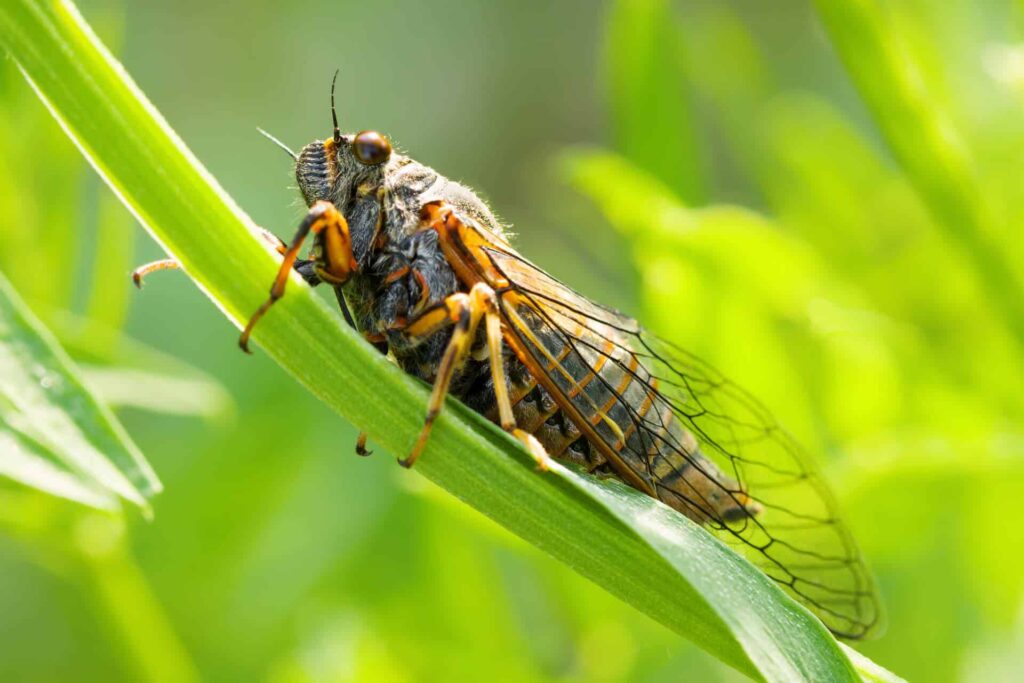Understanding when mosquitoes are most active can help you plan outdoor activities and implement effective protection strategies. These blood-feeding insects don’t maintain constant activity levels throughout the day—their behavior is heavily influenced by environmental factors like temperature, humidity, and light conditions. By knowing peak mosquito activity periods, you can better protect yourself and your family from bites and reduce your risk of mosquito-borne diseases during outdoor recreation, gardening, and other activities around your home with mosquito control.
When are mosquitoes most active?
Mosquitoes are most active during dawn and dusk, specifically during the crepuscular hours when light levels are low but not completely dark. Peak activity typically occurs from 30 minutes before sunset to 2-3 hours after sunset, and again from 30 minutes before sunrise to 2 hours after sunrise. These periods offer optimal conditions for mosquito feeding: cooler temperatures, higher humidity, and reduced wind that make flight easier and more energy-efficient.
Temperature plays a crucial role in mosquito activity—they prefer temperatures between 68-80°F and become sluggish in extreme heat or cold. Humidity levels above 80% create ideal conditions, as mosquitoes require moisture to prevent dehydration. Different species may have slightly varying activity patterns, but most common mosquitoes follow this crepuscular schedule.
Weather conditions significantly influence these patterns. On overcast days, mosquitoes may remain active longer into daylight hours due to cooler temperatures and higher humidity. Conversely, during hot, dry, or windy conditions, mosquito activity decreases substantially even during their preferred time periods. Understanding these patterns helps homeowners time outdoor activities to minimize exposure during peak mosquito hours.
Are mosquitoes more active in the morning or evening?
Evening hours generally see higher mosquito activity compared to morning hours, though both periods represent peak activity times. Evening activity tends to be more intense and prolonged, often lasting 3-4 hours after sunset as temperatures cool and humidity rises. Many mosquito species are particularly aggressive during evening hours as they seek blood meals before nighttime resting periods.
Morning activity is typically shorter and less intense, usually lasting 1-2 hours after sunrise before rising temperatures and decreasing humidity drive mosquitoes to seek shelter. However, morning activity can be significant in areas with dense vegetation, standing water, or consistently cool, humid microclimates that extend favorable conditions..
Are mosquitoes active at night?
Mosquitoes do remain active at night, but their activity levels vary significantly by species and environmental conditions. Most common mosquitoes reduce their activity during the darkest nighttime hours, preferring the transitional periods of dawn and dusk for peak feeding. However, they don’t become completely inactive and may continue seeking blood meals throughout the night when conditions are favorable.
Indoor mosquitoes that have entered homes often become more active at night when residents are sleeping and stationary, making them easier targets. Air conditioning, indoor lighting, and human carbon dioxide production can stimulate nighttime feeding behavior in enclosed spaces.
Outdoor nighttime activity depends heavily on temperature and humidity—warm, humid summer nights maintain higher mosquito activity than cool or dry conditions. Areas with consistent moisture, such as near water features, irrigated landscapes, or dense vegetation, support continued nighttime mosquito presence.
How to prevent a mosquito infestation
Preventing mosquito problems requires eliminating breeding sites and reducing attractants around your property. Remove standing water from flower pots, bird baths, gutters, toys, and any containers that collect rainwater, as mosquitoes need water to reproduce. Change water in decorative features weekly and ensure proper drainage around your home’s foundation.
Maintain your landscape by trimming overgrown vegetation where mosquitoes rest during daylight hours, and consider planting mosquito-repelling plants like lavender, marigolds, and citronella grass around outdoor seating areas. Use physical barriers including fine-mesh screens on windows and doors, and ensure they’re properly maintained without tears or gaps.
Time outdoor activities to avoid peak mosquito hours when possible, and use EPA-approved repellents containing DEET, picaridin, or oil of lemon eucalyptus on exposed skin. Create air movement with fans in outdoor seating areas, as mosquitoes are weak fliers and avoid windy conditions. Regular property inspection helps identify and eliminate new breeding sites before mosquito populations can establish, particularly after rainfall when temporary water collections create new breeding opportunities.
What to do if you have a mosquito infestation
If you’re experiencing high mosquito activity around your property, take immediate action to reduce populations and protect your family:
- Eliminate all standing water: Check and empty flower pots, gutters, bird baths, toys, tarps, and any containers holding water, no matter how small.
- Treat water features: Add mosquito dunks or larvicide to ponds, rain barrels, or water features that can’t be drained to kill developing larvae.
- Trim vegetation: Cut back overgrown shrubs, tall grass, and dense plantings where adult mosquitoes rest during daylight hours.
- Install or repair screens: Ensure all windows and doors have tight-fitting, tear-free screens to prevent indoor entry.
- Use barrier treatments: Apply residual insecticides to vegetation and outdoor surfaces where mosquitoes rest, following label instructions.
- Deploy traps: Set up mosquito traps in strategic locations to capture adult mosquitoes and monitor population levels.
- Create protective zones: Use fans, citronella candles, or other deterrents in outdoor seating areas during peak activity times.
- Consider professional treatment: Contact pest control services for severe infestations or when DIY methods aren’t providing adequate relief.
When to call a professional
When dealing with mosquito problems that are affecting your outdoor enjoyment or pose health risks to your family, professional pest control services offer the most effective and comprehensive solutions. At Aptive, our pest control experts can assess the extent of your mosquito activity and identify the specific species present on your property, which is crucial for determining the most appropriate treatment methods and understanding disease transmission risks.
If you’ve noticed increased mosquito activity around your property or have concerns about mosquito-borne diseases in your area, don’t wait—contact Aptive today for a free quote. We’ll help you eliminate the mosquito problem while keeping your family safe and your outdoor areas enjoyable throughout mosquito season.
Mosquito FAQs
Here are some frequently-asked questions from homeowners about when mosquitoes are most active.
Q: Is there a certain time of year mosquitoes are most active?
Mosquito activity peaks during warm, humid months, typically from late spring through early fall. In most temperate regions, peak season runs from May through September, with highest activity during summer months when temperatures consistently remain above 50°F. However, timing varies by geographic location—southern regions may experience year-round mosquito activity, while northern areas have shorter seasons. Rainy periods during warm months often intensify mosquito populations by creating additional breeding sites.
Q: Are mosquitoes dangerous?
Yes, mosquitoes can be dangerous due to their ability to transmit serious diseases including malaria, West Nile virus, Zika virus, dengue fever, and eastern equine encephalitis. While most mosquito bites result in minor irritation, the disease transmission risk makes them one of the world’s deadliest animals. In the United States, West Nile virus is the most common mosquito-borne illness. Even without disease transmission, some individuals may experience severe allergic reactions to mosquito saliva.
Q: Are certain types of mosquitoes more active than others?
Yes, different mosquito species have varying activity patterns and peak times. Aedes aegypti (yellow fever mosquito) and Aedes albopictus (Asian tiger mosquito) are day-biters, remaining active during daylight hours unlike most species that prefer dawn and dusk. Culex mosquitoes are primarily evening and nighttime feeders, while Anopheles mosquitoes (malaria vectors) are most active at night. Some species are more aggressive and persistent biters, while others are more easily deterred by repellents or environmental conditions.
